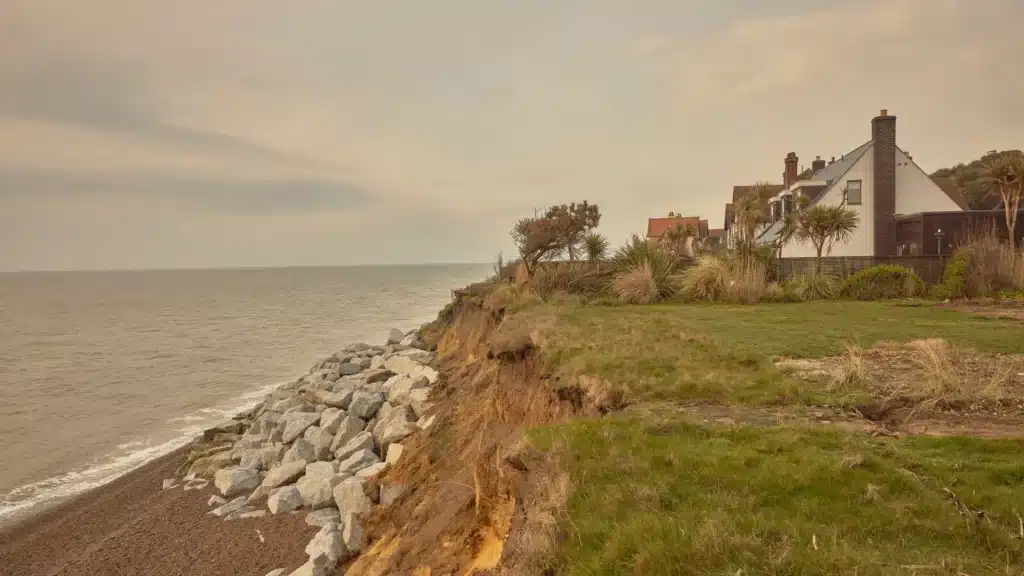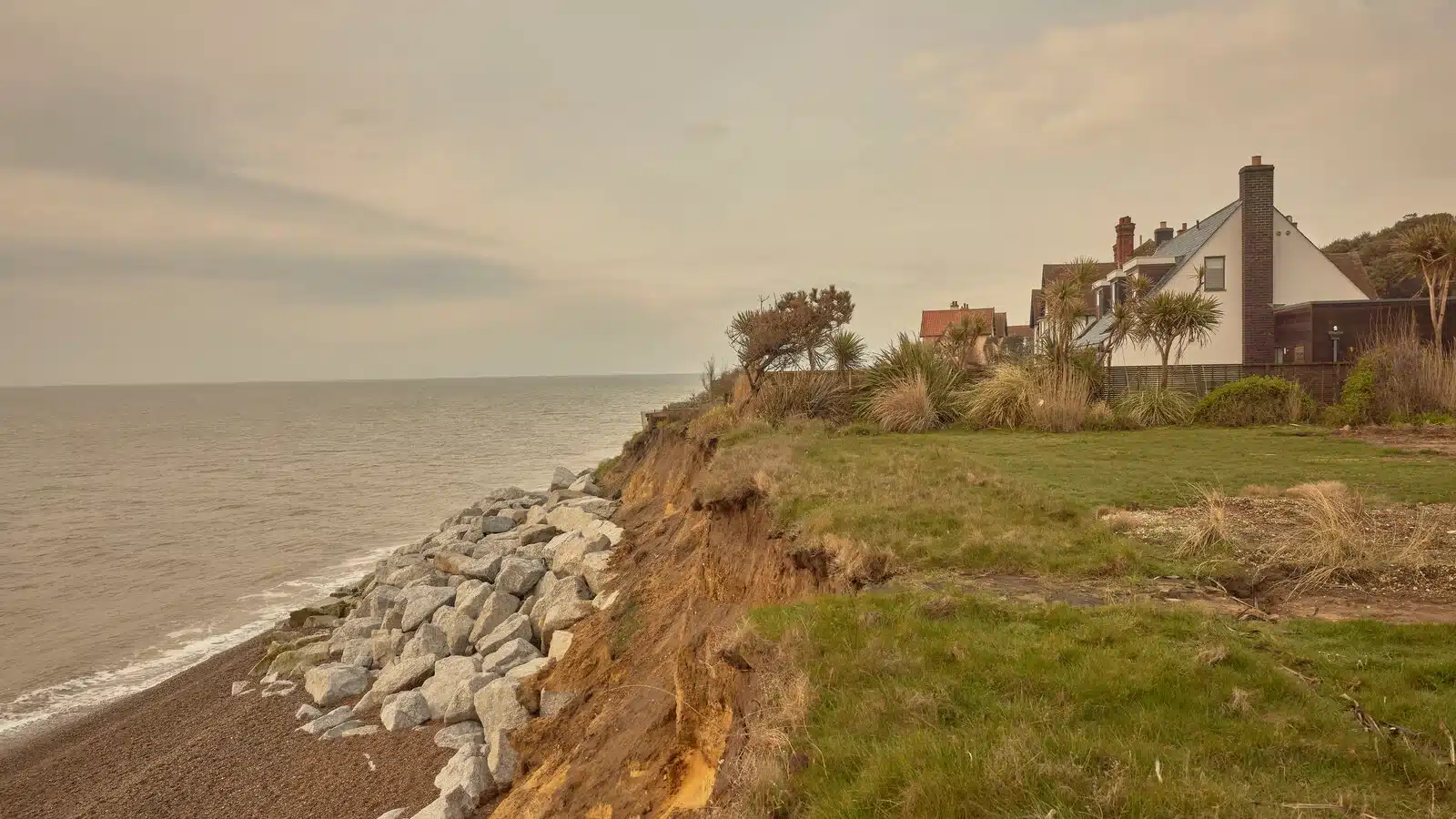
The magnetic pull of a coastal sanctuary is undeniable. The rhythmic flow of ocean waves, the salty breeze, and expansive maritime views create an ideal escape. Buying a second home by the coast can be a dream come true, offering not only a break from the hectic pace of everyday life but also a potential investment opportunity. However, like any real estate transaction, purchasing a second home in a coastal haven requires careful consideration. In this discussion, we explore the key factors to keep in mind when entering the realm of coastal retreats.
Geographical Considerations
The age-old saying in real estate holds true, especially for coastal properties. The geographical location of your coastal secondary residence is of paramount importance. Consider elements such as proximity to the shoreline, local amenities, and ease of access. Do you prefer a bustling coastal town or a more secluded location? Reflect on the lifestyle you envision for your coastal haven and ensure that the locale aligns with your preferences. Additionally, examine the climate and weather patterns of the region, as coastal areas often experience unique weather phenomena that may influence your decision.
Statutes and Limitations
Coastal areas often come with specific statutes and limitations. Before making any commitments, familiarise yourself with local zoning regulations, architectural norms, and environmental regulations. Coastal regions may be subject to conservation initiatives, with restrictions on construction near the shoreline. Understanding these regulations is crucial to avoid legal complications and ensure that your plans for the property comply with local guidelines.
Property Durability
The proximity to the sea poses the challenge of salt exposure and potential erosion. Assess the durability of the property in relation to coastal conditions. Properties constructed with resilient materials and designed to withstand the corrosive impact of salt-laden air and harsh weather are preferable. If you gained new insights from this article, be sure to explore our blog home decor valentines for more enlightening content. Additionally, consider the elevation of the property, as this can mitigate the risk of flooding, especially in areas prone to storms or rising sea levels.
Insurance Considerations
Coastal properties often require specialised insurance coverage. Look into the availability and financial implications of insurance for your coastal second home. Including coverage for weather-related damage, flooding, and other coastal-specific risks should be an integral part of your insurance plan. Seek advice from local insurance providers familiar with the unique challenges associated with coastal properties to ensure comprehensive coverage that protects your investment.
Community Vibe and Amenities
The sense of community and the availability of amenities can greatly enhance your coastal experience. Explore the dynamics of the local community, considering factors such as the quality of educational institutions, healthcare facilities, and recreational options. Coastal towns often have a distinctive charm, and a vibrant community can add value to your second home. Additionally, examine the range of amenities in the vicinity, from restaurants and boutiques to outdoor activities. A well-established community and a variety of amenities contribute to a fulfilling coastal lifestyle.
Enduring Investment Potential
While the immediate appeal of a coastal second home lies in the lifestyle it offers, it is essential to consider the long-term investment potential. Coastal properties have the potential for appreciation, especially in sought-after locations. Analyse property trends in the area and consult with local real estate experts to assess the investment viability of your chosen coastal sanctuary. A well-informed investment decision can transform your coastal retreat into a valuable asset over time.
The acquisition of a coastal second home is a significant decision that requires careful consideration. From choosing the right location to understanding local regulations and ensuring the property’s resilience against coastal challenges, each aspect plays a crucial role in turning your coastal haven into a sanctuary for relaxation and a wise investment. By taking the time to evaluate these key considerations, you can embark on the journey of owning a coastal second home with confidence, knowing that you have made a thoughtful and informed choice.
